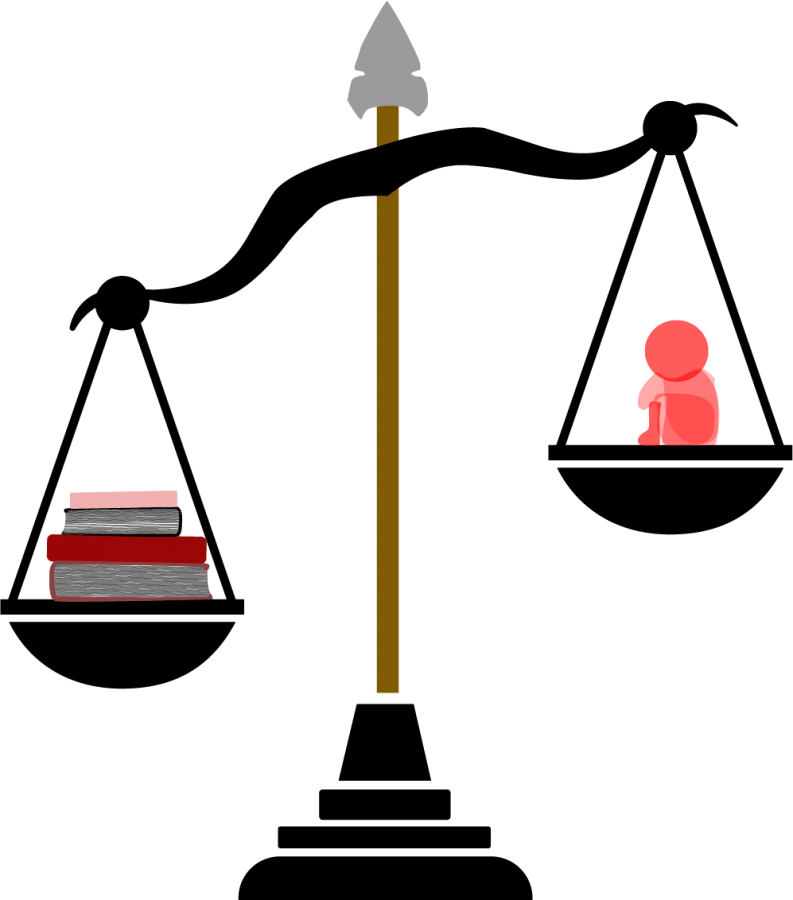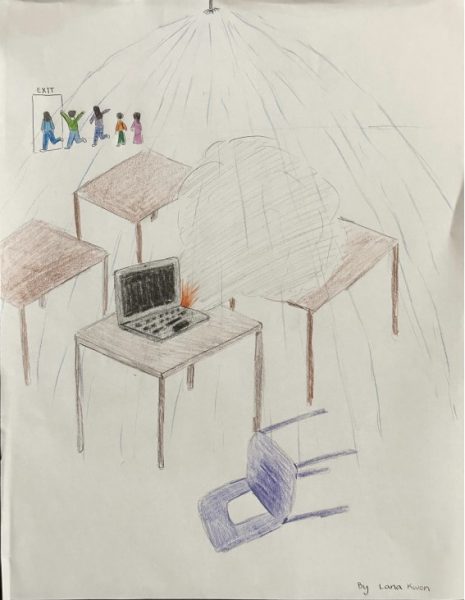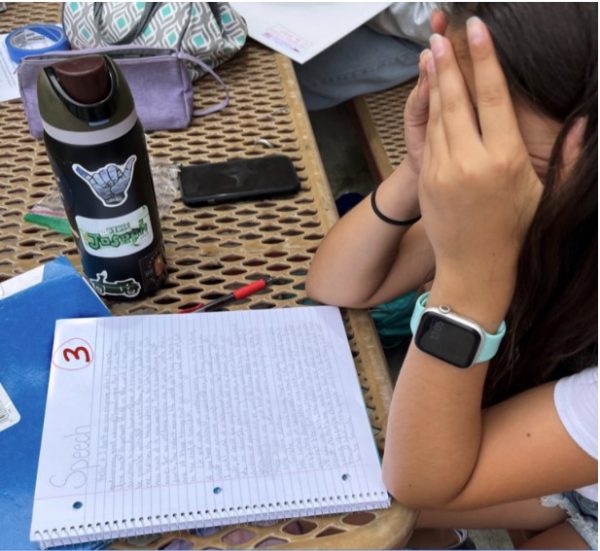Student Representation – Not Enough?
There are organizations in place to represent students – are they able to do enough?
The opinions of the students must hold more significant weight
Administrators have introduced numerous policies throughout the past years, causing many students to question the nature of their voices in important decision processes. In truth, students and parents have more bearing over school decisions than they enact. Student representation lags behind at Woodbridge High despite having a capable structure and competent student body.
Many school organizations exist to show the students’ voices, but they cannot be completely effective with a large list of responsibilities. The Woodbridge School Site Council (SSC), Parent Teacher Student Association (PTSA) and Associated Student Body (ASB) all advocate for students on campus, putting a large focus on student involvement. PTSA sponsors events such as “Career Cafe” and “Honored Warrior Breakfasts”- not only fueling student inspiration, but also recognizing deserving students. The ASB cabinet works a great number of hours creating a positive environment, decorating and performing, attending meetings and planning for its student body. The SSC consists of students, faculty and parents who adjust and approve the Single Plan for Student Achievement (SPSA). This achievement plan includes funding and finalizing curriculum. A needs assessment is also created by the district-mandated and state-required SSC.
Although these organizations are structured for student representation they do not have the lobbying-like power they should. PTSA President Allie Novosel runs General PTSA meetings where Principal Christopher Krebs explains a range of topics from construction to food fair. According to Novosel, parents are amicable and rarely if ever contest on behalf of their students. The ASB cabinet has some key players when it comes to representation, but they are usually overshadowed. Jenna Makarem, junior, is a representative for Woodbridge High on the IUSD school board. School board members are allowed brief reports but have no voting powers during IUSD board meetings. Erica Jean is the ASB academics commissioner. One of her responsibilities is to communicate with the administration. She attends a monthly leadership meeting where she shares ASB’s thoughts accordingly. This meeting consists of lots of pertinent information but faculty largely outnumber students. Jean mentioned the lack of student involvement with the new phone policy.
“For example, when the phone-in-pocket plan was discussed last year at one of the meetings, Mary Kim, last year’s academics commissioner, was able to share the student’s take regarding the issue. Although the plan was still implemented, the administration was able to be slightly more aware of the student perspective” Jean stated.
Students did not approve of the new phone policy. Instead of allowing students to develop skills of self-control and respect, the school mandates that students put thousand-dollar devices in a phone holder. This undermines the district-wide commitment to technology and creates negative interactions between students and teachers. As of today, participation in the technology policy is about 50 percent.
The administrators at Woodbridge High grant a structure for students to share their voice, although they are easily able to ignore student opinions and instead chase their own priorities. The schedule changes in 2017 greatly cut back on instructional minutes and negatively impacted students today and in the future. Teachers on the Decision Committee reached out to students, unfortunately, this happened at a time too late in the process. The administrators, pressured by the district and stagnant scores, pushed the schedule through. Administrators wanted to greatly revise the schedule this year, but that effort was shot down by teachers. Two years ago, students raised many flags with less time in the classroom. Students would have helped make this clear and preserve the most important element of academic success: instructional time.
Fortunately, students and parents are able to use the current structure to advance their opinions. Parents can be more vocal and question the administration’s rhetoric at general meetings. Students can create a petition and work with ASB to protect students’ personal technology at school. This, of course, showing that the students will not follow rules they deem intrusive while subverting an unpopular technology policy. ASB has largely curtailed their constitution to make their focus more limited. New amendment ideas to the ASB constitution introduced by students could widen ASB influence.
Woodbridge is filled with qualified and hard-working people. It is when everyone understands, participates and takes risk in student governance that the students’ voices are rightfully and beneficially heard. This can make the difference between a good and a great school.
Your donation will support the student journalists of Woodbridge High School. Your contribution will allow us to purchase equipment and cover our annual website hosting costs.

Hi Warriors, I am Nicholas Oshefsky and I am a senior this year! I will continue to uncover Woodbridge's unique culture, traditions and values as I expand...









